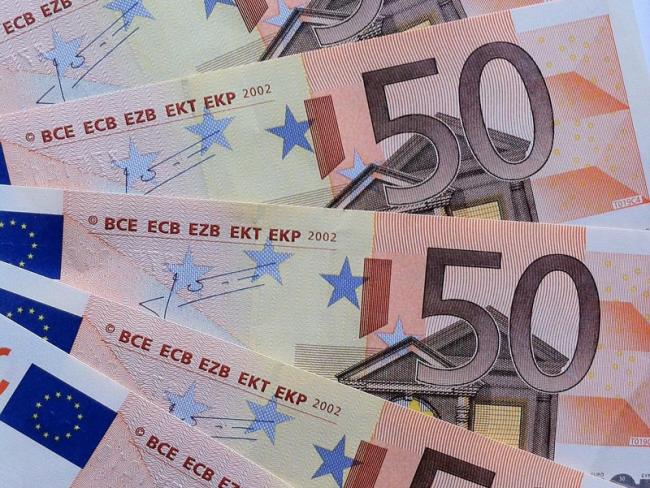27 November 2014

Billions for infrastructure and investment? Believe it when you see it. Photo Workers.
It’s been a tough time for new European Commission president Jean-Claude Juncker, what with all the attention on his stewardship of Luxembourg’s tax avoidance for transnational corporations. So what better time to announce a massive investment plan to shift the spotlight away from the embarrassing revelations disclosed in hundreds of leaked documents?
Juncker’s plan is for a €315 billion investment surge to attempt to put some life into Europe’s ailing economy. Except, of course, that the €315 billion exists only in the commission’s PR spin. Look closely: it’s the mathematics of the madhouse.
The actual amount being committed by Brussels is €21 billion, to be put into infrastructure projects by the European Investment Bank. Of this, around €5 billion is existing capital held by the European Investment Bank, so there’s just €16 billion of “new” money.
Except that it is not new money: €6 billion of it is coming from existing funds aimed mainly at…you’ve guessed it…boosting economic performance. €2 billion is from “budget margin”, or unused funds.
And the remaining €8 billion? That’s an IOU in the form of a guarantee of future contributions from existing EU projects – in other words, money that doesn’t yet exist.
Conjuring trick
But at this point the conjuring trick has hardly begun. Having turned €2 billion of budget margin into €21 billion, Juncker then proceeded to turn that figure into €315 billion by saying the European Investment Bank would be able to use it to generate €240 billion for long-term investment and €75 billion for small and medium-sized companies.
You’d think that if the European Investment Bank could turn €21 billion into €315 billion, it might have done something similar, somewhat earlier, with the spare
€5 billion it already has. But it hasn’t. And it’s not likely to.
The missing €294 billion is supposed to come from the private sector. That’s the same private sector that’s currently awash with money but won’t spend it unless it thinks it’s found a sure-fire winner (like property in London).
The leader of the social democratic bloc in the European Parliament (the self-styled “Party of European Socialists”), Gianni Pittella, hailed Juncker’s announcement as a huge step forward. “It’s clear we’ve moved into a new era,” he said. Clearly, maths is not his strong point.
